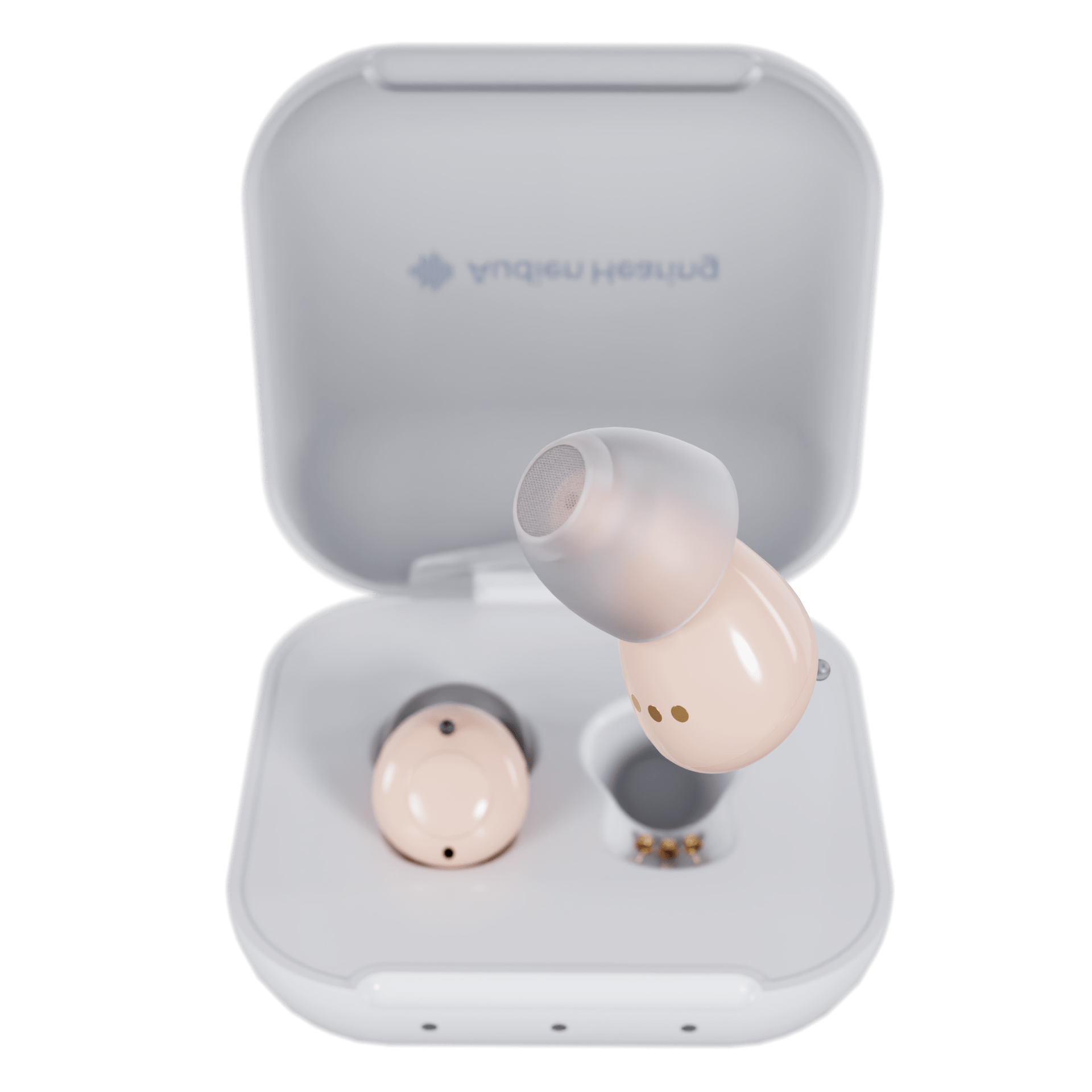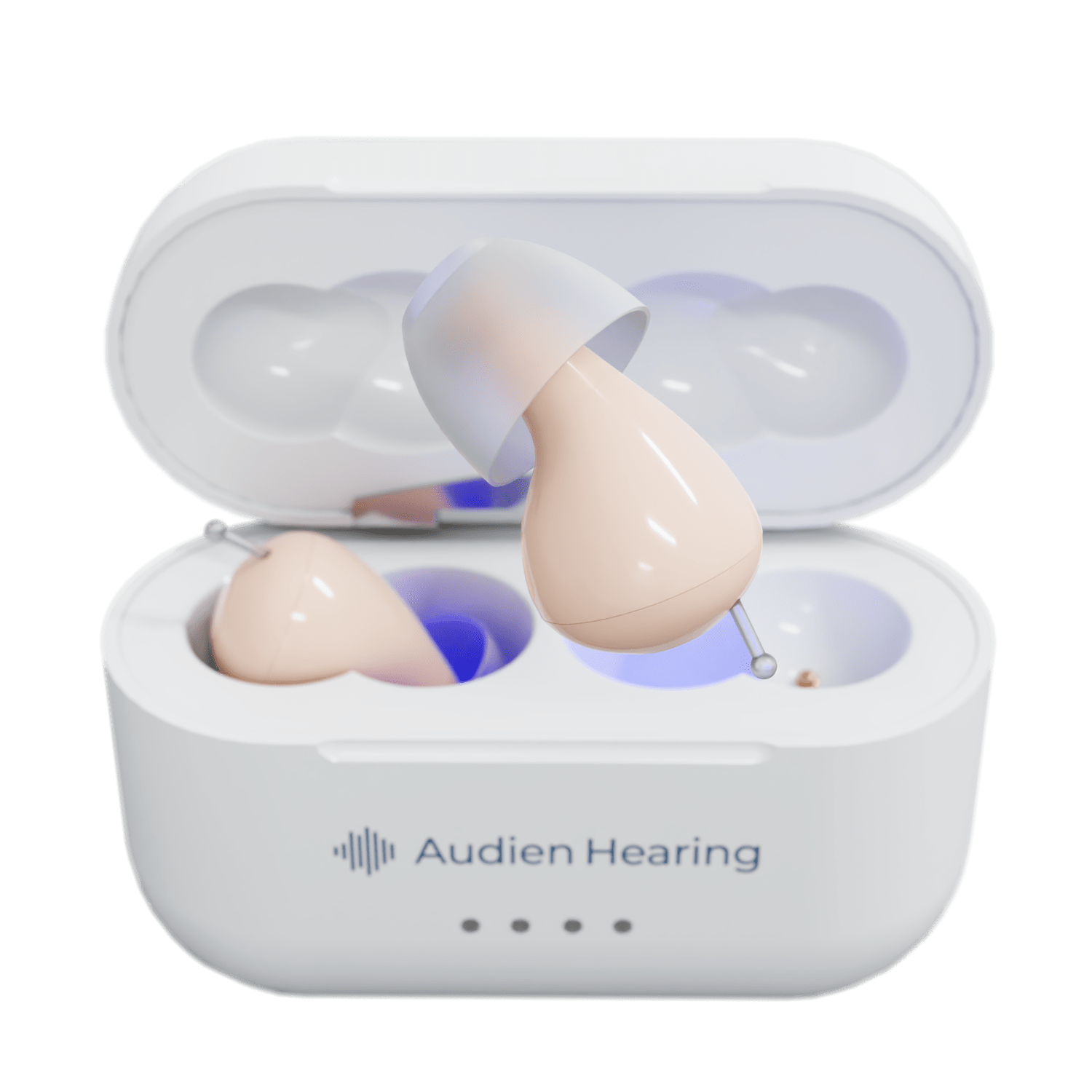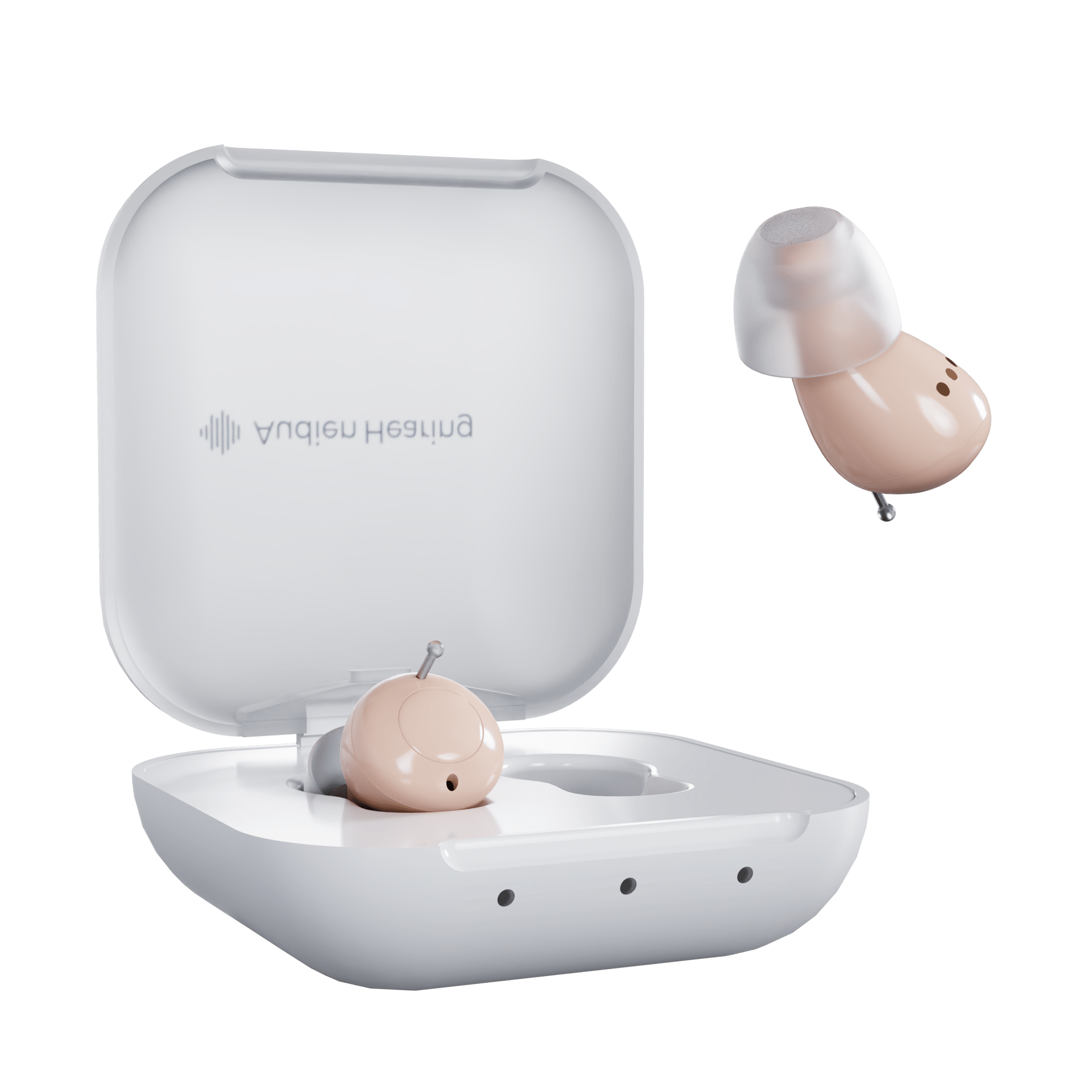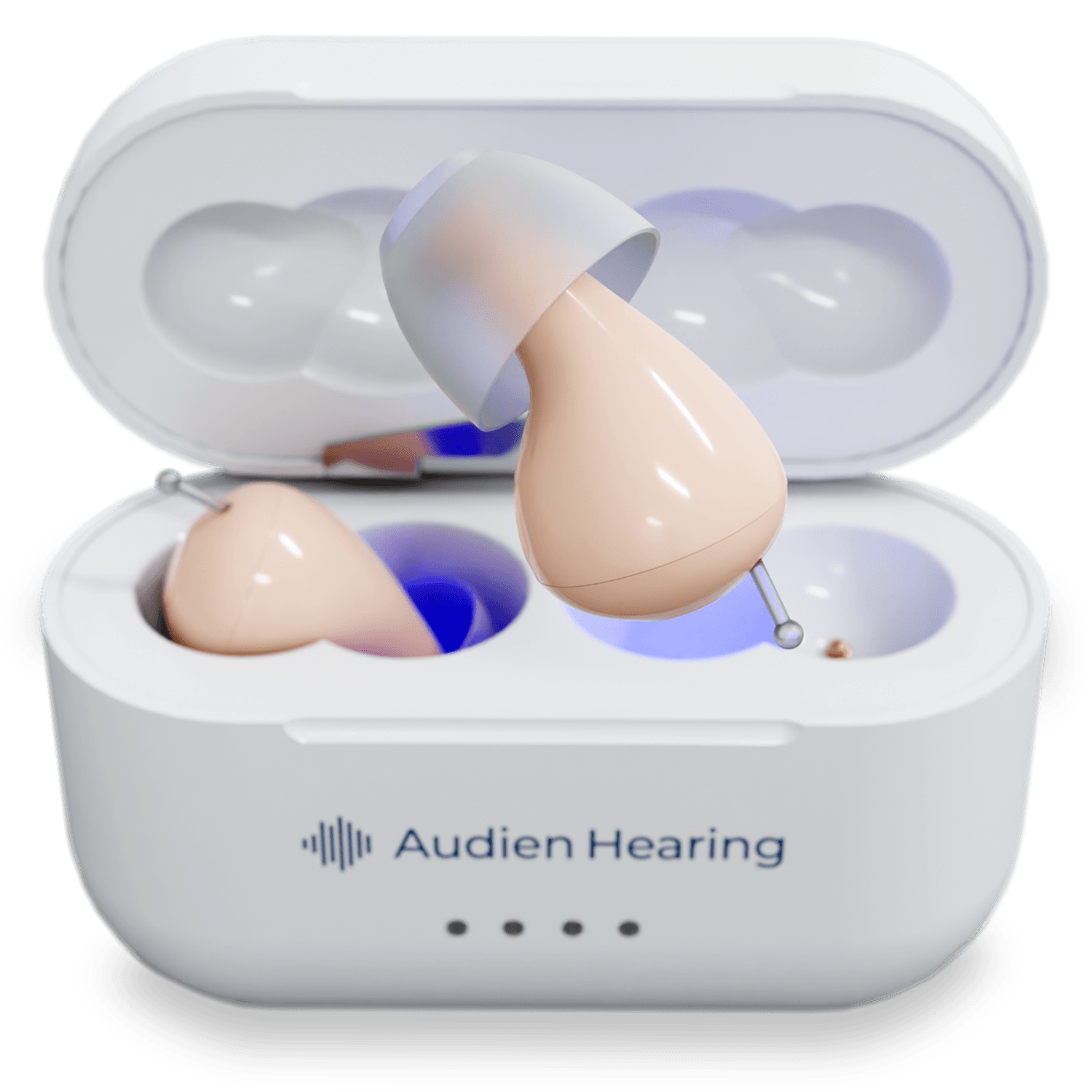According to the World Health Organization, 1.5 billion people worldwide suffer from hearing loss. By 2050, this number could grow to 2.5 billion. Loss of hearing can cause problems in everyday life, including these important but lesser-known concerns.
People With Hearing Loss Have More Falls
People with mild loss of hearing have three times the chances of falling than those without hearing problems. The National Institute on Aging reports that one in four adults over age 64 fall every year, while one in three adults aged 65 to 74 has difficulty hearing. This connection could be due to problems with the inner ear causing balance issues. Possible causes of dizziness or feeling off balance are:
Earwax Buildup
Everyone develops wax in their ears, but sometimes there is an overproduction of cerumen that causes temporary hearing loss until the wax is removed. Irrigation at a primary care provider's office or wax-softening drops should resolve the issue. Avoid putting anything in the ear, such as a cotton swab, as this could cause cerumen impaction.
Meniere's Disease
This inner ear disorder usually begins in adulthood. Often only one ear is affected. Meniere's disease causes vertigo and intermittent loss of hearing, eventually resulting in most people losing their hearing permanently.
Acoustic Neuroma
Though previously uncommon, this condition has started occurring more often. People in their 40s and 50s are most likely to develop a neuroma. Also known as schwannoma, this benign brain tumor causes vertigo and tinnitus. Hearing loss occurs in 90% of the people affected. Ear Infections Viral and bacterial ear infections can affect balance and cause a decline in hearing. Once the infection is gone, most people get their hearing back. Unfortunately, medications can also cause ear disorders, including loss of hearing.
Cognitive Decline Is Linked With Hearing Loss

A recent study shows there could be a link between loss of hearing and a decline in cognitive function. Studies also suggest a greater risk of dementia, which could be explained by the fact that the temporal lobe controls auditory processing and is also where short-term memory is stored. People who are hard of hearing also tend to isolate themselves from social activities. It takes a lot of mental energy for them to process sound to understand what is being said, especially if background noise exists. Social activities are essential to maintaining a healthy life and improving cognitive function.
Hearing Loss Results in Relationship Issues
People who have difficulty hearing tend to miss conversations. People feel left out when they cannot hear what is being discussed and develop loneliness, anxiety and depression. As it becomes more difficult to converse with someone who is hearing impaired, less conversation occurs. Since communication is key to a healthy relationship, being unable to communicate effectively with family and friends puts a strain on the hard-of-hearing person and their loved ones. Treatment for Hearing Loss Is Available There is hope for those who have damage to the inner ear that is causing hearing loss. Check out the rechargeable hearing aids from Audien Hearing and avoid missing future conversations.
https://www.who.int/health-topics/hearing-loss https://www.frontiersin.org/articles/10.3389/fnagi.2021.769405/full https://jamanetwork.com/journals/jamaotolaryngology/fullarticle/2665726 https://www.nia.nih.gov/health/infographics/six-tips-help-prevent-falls https://www.webmd.com/connect-to-care/hearing-loss/how-does-hearing-loss-affect-the-brain https://www.keckmedicine.org/blog/feeling-off-balance-the-problem-might-be-in-your-ears/
https://www.merckmanuals.com/home/ear,-nose,-and-throat-disorders/inner-ear-disorders/ear-disorders-caused-by-drugs https://www.hopkinsmedicine.org/news/media/releases/hearing_loss_linked_to_three_fold_risk_of_falling https://jamanetwork.com/journals/jamaotolaryngology/fullarticle/1835392 https://www.nia.nih.gov/health/cognitive-health-and-older-adults#connected https://www.hopkinsmedicine.org/health/conditions-and-diseases/brain-tumor/vestibular-schwannoma













